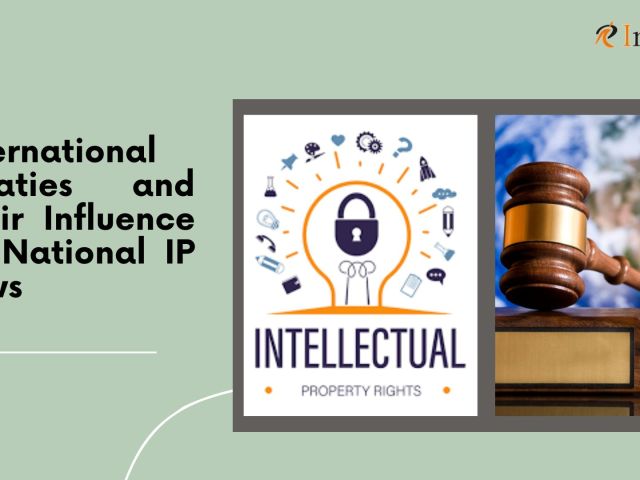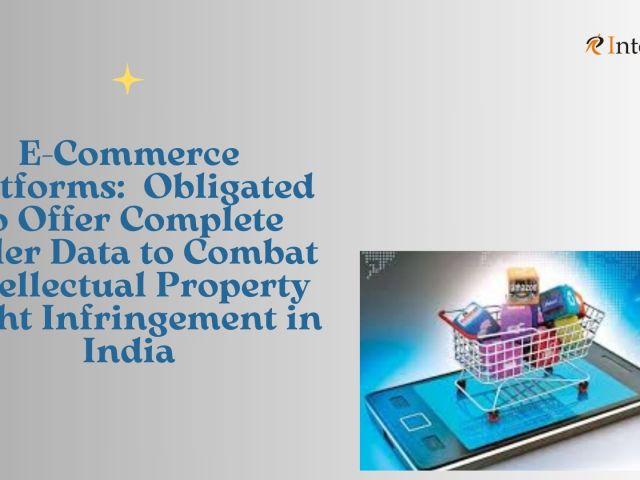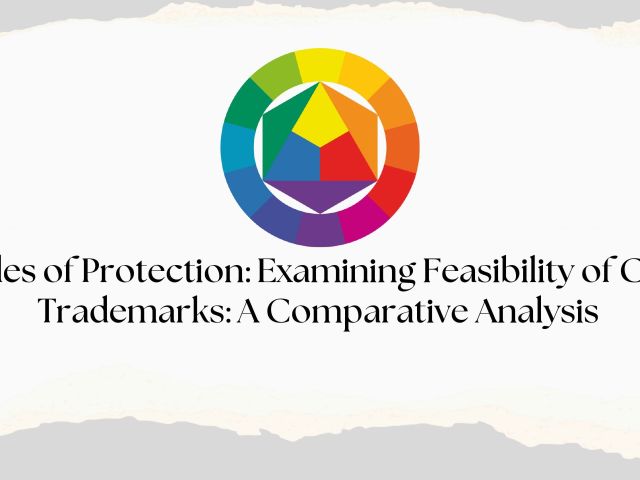What is cybersquatting? Cybersquatting or domain-name hijacking refers to the practice of bad faith registration of a domain name under the DNS (‘domain name system’). The domain name so registered is likely wanted by another person (natural or legal). The cyber-squatter does this in hopes of selling the domain name to the person at a profit. The reason the registration is referred to as ‘bad faith’ is because the cyber-squatter has no ownership rights or trademarks rights over the same.
The source of this problem has been traced to the ‘first-come-first-serve’ method of allotting domain names. This practice has led to the vicious exploitation of persons who have a legitimate interest in that particular domain name. For example: there is a company- XYZ Pvt Ltd. XYZ Pvt Ltd wants to register a domain name- xyz.com and use it for their business. Before XYZ Pvt Ltd can register their domain name, A- a cyber-squatter- has already done so. Now, if XYZ Pvt Ltd wants to use the domain name xyz.com, they will have to purchase the same from A at potentially exorbitant prices; even if XYZ Pvt Ltd registers an alternate domain, say, xyzpvtltd.com, both the websites will be displayed by a search engine which will ultimately reduce consumers for XYZ Pvt Ltd.
A highly relevant case which took place in India is the case of Rediff Communications Ltd, v Cyberbooth (AIR 2000 Bom 27) . In this particular case, the High Court of Bombay held that- “A domain name is more than an Internet address and is entitled to the equal protection of trademark.”
The problem of cybersquatting persists in India for the simple reason that there are no laws in India which address the problem. India has largely relied on judicial precedent in order to resolve the issue. Needless to say, this solution is not as effective as it should be. The only semblance to a regulatory authority is the Internet Corporation for Assigned Names and Numbers, which has adopted the policy – Uniform Domain Name Dispute Resolution Policy (UDRP) for dealing with cybersquatting.
It is highly recommended that statutory provisions dealing with cybersquatting is enacted as soon as possible, preferably by suitably amending the Information Technology Act, 2000 and the Trade Marks Act, 1999.



